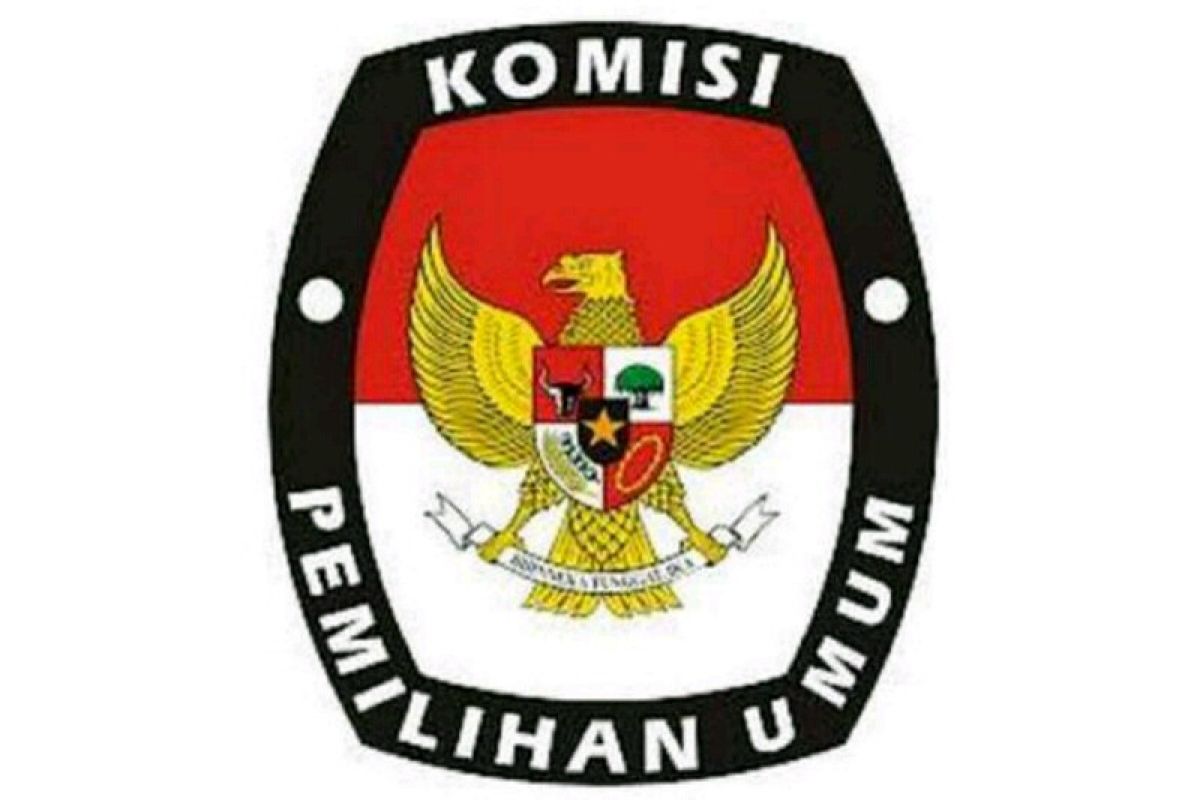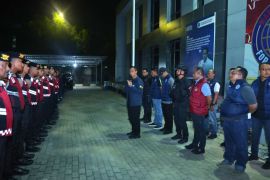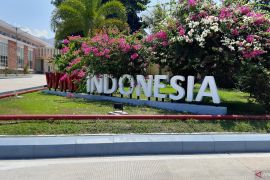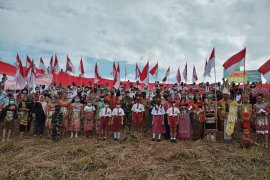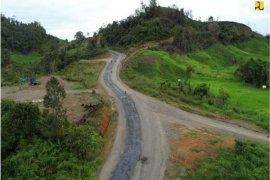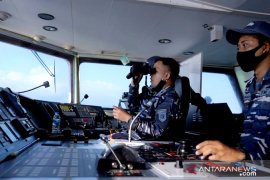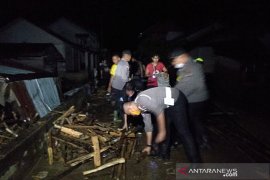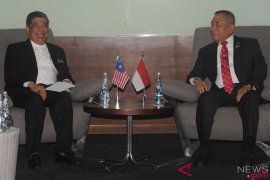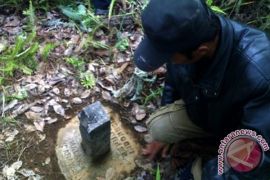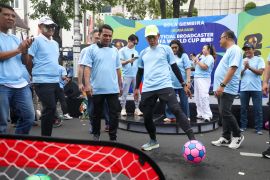This leading region in the Republic of Papua Province has a community that still has difficulty speaking Indonesian and mainly lives in Mosso Village, one of the villages in the Muara Tami District.
Kampung Mosso has many indigenous Papuans who still have associations with the citizens of Papua New Guinea (PNG), so it's no wonder that the use of English Fiji (native language) is common. However, language barriers have not dampened the enthusiasm of these border residents to participate in the elections, which will be held on April 17, 2019.
The Borderline Ondoafi (Tribal Chief) of Skouw-Wutung, Stanis Tanfa Chilong, who has since become an Indonesian citizen (WNI) and settled in Kampung Mosso, has ensured all his family members own a KTP self-identity card to be able to vote.
Being a long-term Indonesian citizen, Stanis, who conducts bintara coaching and ensures public order (Babinkamtibmas) security in Mosso village Nurdin Makuasang, knows Indonesia's laws and regulations, and as such, knows the requirements to become an eligible voter.
"Children without ID cards cannot vote," Stanis told Antara in his Indonesian PNG-style English Fiji.
For Stanis, who has 12 sons, all of them have a KTP and can cast their ballots, while other relatives who have just joined the Unitary State of the Republic of Indonesia (NKRI) and have not completed population administration formalities cannot vote.
Stanis, who claims to be happy being an Indonesian citizen, and expresses his desire to live in Mosso village till he dies, said that his party had just recorded the arrival of Skouw-Wutung border ondoafi relatives—around seven families—who were all not yet equipped with ID cards and could not take part in the elections.
Need for population survey
The RI-PNG Border Area in Jayapura City will soon have two polling stations located in Mosso Village Hall and a helipad field in front of the local Pamtas Task Force Tactical Post, where there are some 161 families with an estimated 500-600 people.
However, data has not been updated since the border market fire incident one year ago, as many border residents who are generally traders and whose stalls and kiosks were gutted, eventually returned to their villages.
"So, this border region has three RTs, of which RT 1 are mostly border crossers who are Indonesian citizens, while RT 2 and 3 are border market traders," said Chief of the Police Post (Kapospol) Skdaw Ipda Kasrun Subsector.
According to him, the awareness of border communities about using their voting rights has increased compared to the previous years. Even though Tuesdays and Thursdays are the market days at the border, residents who work as traders can first come to the polling station to cast their votes and then head to the market to sell their wares.
Although awareness has increased, there is a need for a proper population survey to be carried out immediately by the local Election Commission (KPU).
Stating that now, many PNG residents had just entered the territory of Indonesia and many of their families had become Indonesian citizens but had not been properly recorded, he hoped the KPU would immediately carry out a survey, so they could vote in the future.
With this survey, residents who come to the polling station can vote without being accompanied by polling station officials or witnesses, as in previous years, and head home without it interfering with their respective professions, which include gardening and selling, bintara coaching and public order (Babinkamtibmas) security.
In the previous years, in anticipation of untoward circumstances, Babinkamtibmas often requested the assistance of the Border Security (Pamtas) Task force whose task was to "confine" border residents in their respective neighborhoods, so that they could go to the polling station first and then proceed with their work of gardening or selling.
"Otherwise, the voting time can get delayed. If the process is delayed beyond 1p.m., it is not because of the large number of citizens, but the time taken to wait for the community members to come to the polling station," Nurdin said.
Officers at the polling station, Babinkamtibmas and the ranks of the local village government must call on residents in their respective settlements.
The absence of telecommunication signals also complicates communication, and officers become confused, unless someone asks for help and assistance from the security task force.
In search of solutions
For the KPU of Papua Province, preparations for the implementation of the elections, especially in the RI-PNG border area, are hindered by several factors, including language, data on the number of voters who keep moving and ownership of ID cards or identity cards.
Nevertheless, the commissioner of the Papua Province KPU in Tarwinto Election Socialization admitted that until now, there had been no survey carried out in the RI-PNG border area in Jayapura City, but it was scheduled.
In addition, solutions to the changing number of citizens are being sought, namely if there is no public data, it will be included in the special voter data and adjusted to the determination of the number of ballots that are still being debated.
For those with an ID card, it is certain that they are Indonesian citizens, so it is impossible for dual citizens to vote.
"It is the duty of the government officials in the local village to check and monitor the process," Tarwinto said.
Reporter: Eliswan Azly
Editor: Suharto
Copyright © ANTARA 2019
